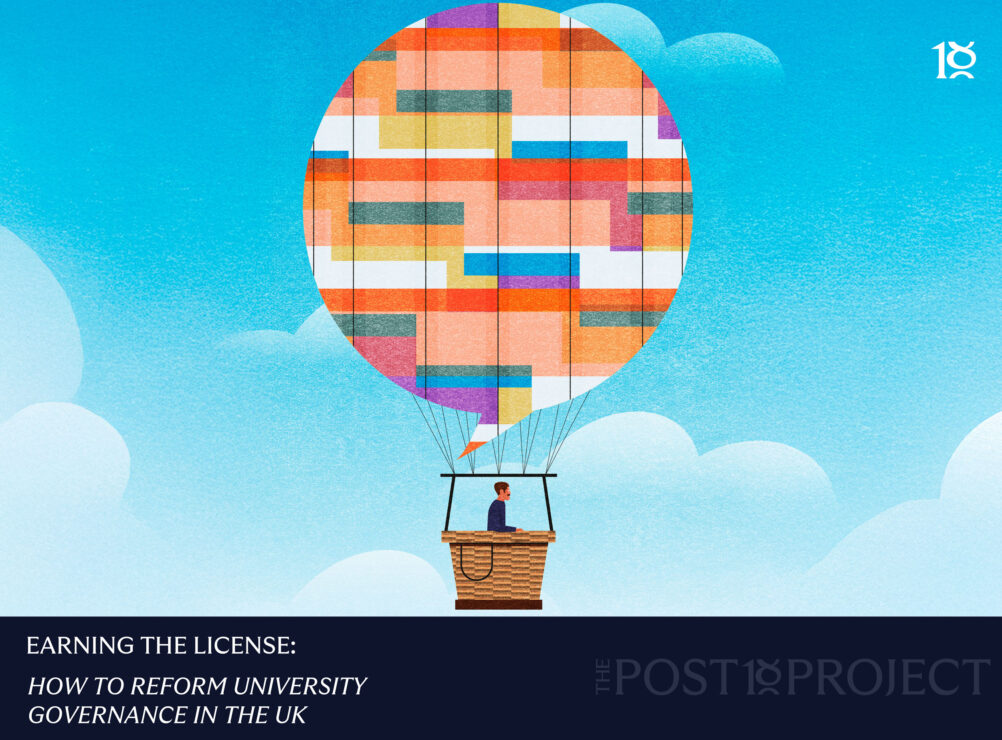An interesting idea?
 At the recent HEFCE Annual Conference the Universities Minister, David Willetts, delivered a wide-ranging speech which included a couple of interesting points on internationalisation:
At the recent HEFCE Annual Conference the Universities Minister, David Willetts, delivered a wide-ranging speech which included a couple of interesting points on internationalisation:
Since becoming universities minister, I have worked hard with UUK’s excellent international office and of course the British Council in forging partnerships with other countries: with China, India, Brazil, Saudi Arabia and – in the past fortnight alone – Turkey, the Kurdistan region of Iraq, Malaysia and Indonesia. This week in London, I have already met my Chinese counterpart, and today I am meeting he science minister from India. There is a lot going on. In Turkey, for instance, I witnessed the real potential for a “system-to-system” offer – with students able to study in either country, sharing of educational technologies, academic exchanges and degree validation. The Science Without Borders initiative with Brazil is path breaking.
In Indonesia, I agreed a joint communiqué on education to develop our links with Indonesian universities – promoting two-way student mobility, institutional leadership and knowledge transfer. The likes of Nottingham University already have solid connections to Indonesian institutions. There’s room for more productive associations – in Malaysia, for example, which has more overseas British campuses than any other country.
My department is working with UUK, UKTI, the British Council and others to support our excellent universities – and private companies working in the education sector – to seize these opportunities. It means attracting overseas students here. It means more overseas campuses. But it has to go further and be a full offer from the range of players that make up British higher education today – from architects and trainers of administrators through to external examiners and shared post graduate study. We are still only scratching the surface. This is one of Britain’s great growth industries of the future. The deep respect for our universities across the world is a reminder of what we have achieved here and what more we can do in the future.
All very positive but does remain rather at odds with the Government’s visa policy. One point which was made by the Minister, which does not appear in the published speech, I found rather interesting (and not a little bizarre). Referring to one of his visits, possibly to Kurdistan, Willetts reported that he had been approached by an academic who was seeking to establish a new university. As a starting point, the Professor had downloaded the charter and statutes of Lancaster University and was using them as a blueprint for setting up a regulatory framework for the new institution. The Minister was clearly taken with this idea and thought that it might be a good thing to take copies of a university governance template on future international missions.
I’ve not looked at the Lancaster statutes but if they are anything like those of other universities of a similar vintage and even if the charter, statutes and ordinances had been modernised in the past few years they are unlikely to offer the ideal model for a new university. The Willetts idea is, I am sure, well-intended but statutes and ordinances will be the product of a series of negotations, local and national (in the case of the Model Statute relating to academic terms and conditions), and will have been modified and adapted over many years. There are some good examples out there but statutes don’t lend themselves to being copied in quite the way suggested. Nevertheless, having a Registrar and Secretary or similar on international missions who is able to advise on governance may well be a useful idea.












Statutes are all very well, but the other side of the picture is the regulatory environment and the relationship between the State and universities. Developing economies tend to start with a very control-oriented system (eg: pay and rations allocated line by line by the Ministry of Finance), so a propper degree of autonomy matched by sensible accountability has to be there first.
john Fielden